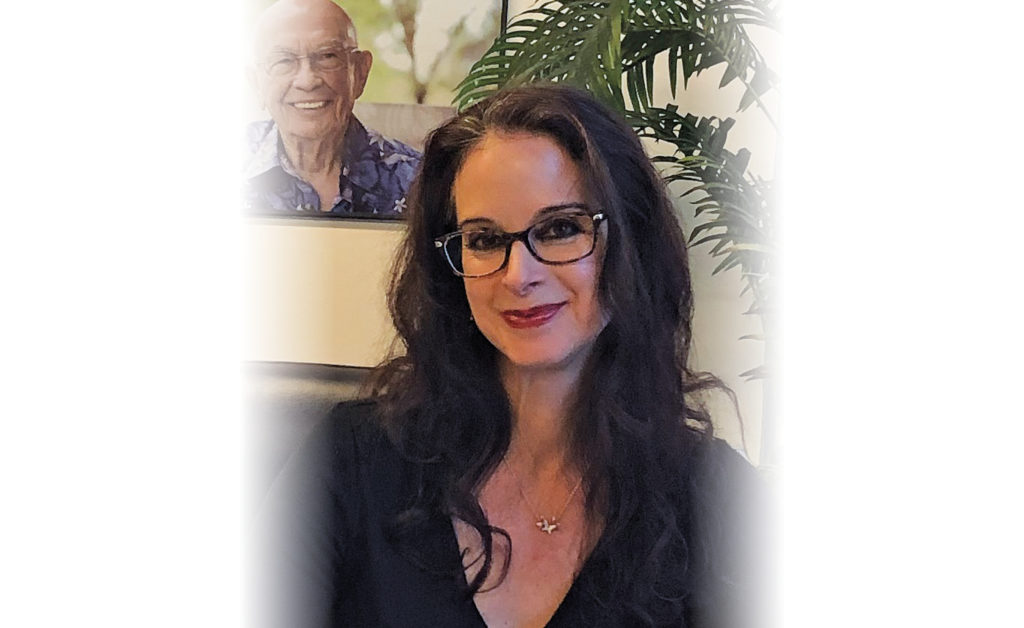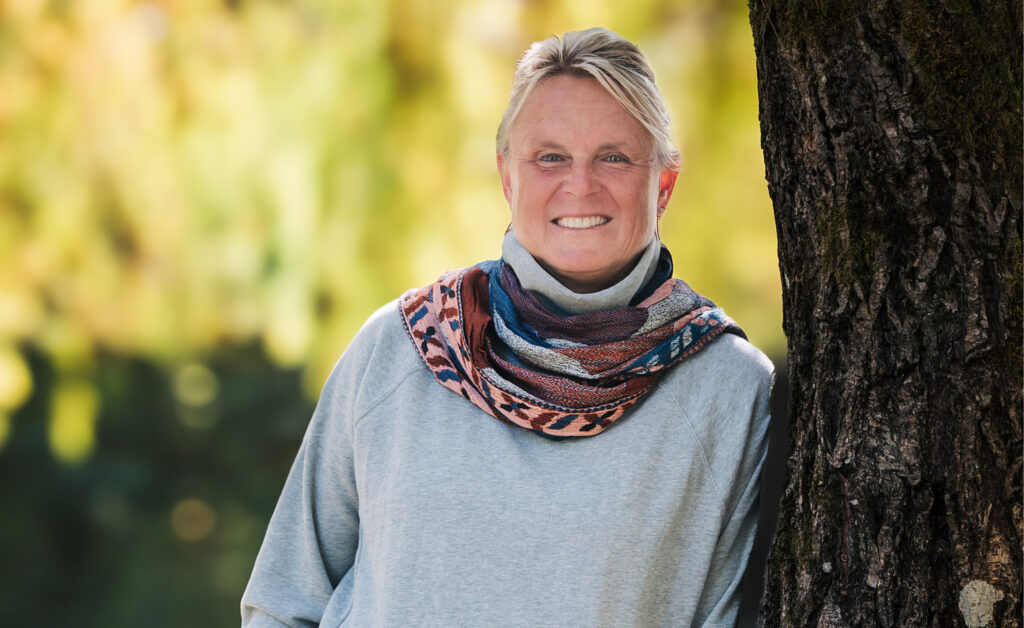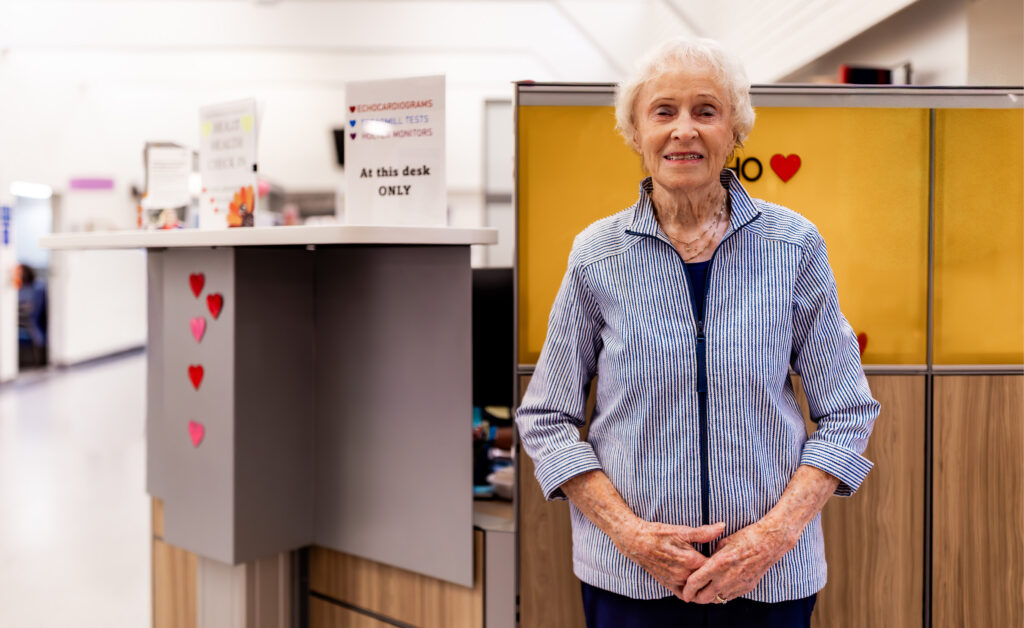by Sherrin Griffin VP, Operations, Sidney SeniorCare –
As we approach Father’s Day, it’s the perfect time to turn our thoughts and attention to the important men in our lives.
Most of our senior men today still harken back to a more conservative era. Many were groomed from an early age to assume the conventional roles of “breadwinner” and head of the household. These old-fashioned male “values” can become so firmly entrenched that even as the world around them changes, including perspectives on male roles and gender bias, these men, now seniors, may continue to be locked into their machismo roots. This deeply ingrained perspective can affect everything from men’s reluctance to go to the doctor to an inability to show deep emotion and express their feelings.
Of course, as men age, they are prone to the same health issues as their female counterparts such as heart disease, diabetes, mobility challenges and cognitive decline, as well as their own unique gender-based conditions such as issues caused by the prostate and erectile dysfunction.
We’re well aware that regular visits to the doctor are necessary for not only the maintenance of good health, but to prevent disease. Unfortunately though, senior men are less inclined to visit health care professionals than senior women, even when they exhibit symptoms of illness. They may see verbalizing their aches and pains as a sign of weakness, so it’s important to check in regularly with male seniors. Ask them questions, take notice of any changes in their health and ensure they make regular appointments with their GP including applicable labs, bloodwork etc. Of course, there is a certain level of awkwardness for either gender where personal health issues are concerned, but for men, it can be far more pronounced. Taught to be “tough” and not to complain, men are more apt to shoulder even serious afflictions with resolute acceptance.
And, as men age, as with either gender, there will come a time when they will need to ask for assistance, whether that be with physical tasks such as yard work or anything that requires great strength/heavy lifting or with personal tasks of self-care such as bathing/showering, shaving, denture care, and possibly other activities of daily living. I know with my own elderly father, having to ask his wife or daughter for assistance with personal care was absolutely mortifying to him, even borderline emasculating. Learning how to navigate through the layers of our senior men today, understanding their roots and respecting their unique perspectives will go a long way towards ensuring their health and happiness, while preserving their dignity.
Try to be proactive with the senior men in your life. Offer your assistance before they have to ask you for it. Don’t make it into a big deal; chances are they are probably already ruminating about needing help, and lightening the mood will help. Just dive in, gently, and start helping; start gradually and then increase your assistance slowly but surely. Be positive ALWAYS.
Try to help the male seniors you love focus on the things they can still do and the activities they still enjoy. Reinforce that you get benefits as well by helping the senior, and that you really enjoy helping him. When I take my Dad for a walk down the hallway of his condo building to maintain his mobility and strengthen his legs, he tells me how much he appreciates my time and that he’s sorry he is such a burden. I respond by saying “It’s OK Dad; I need the walk as well, so it’s just as good for me as it is for you.” Positivity, happiness and laughter are good for the soul and the body as scientific evidence attests to.
One day as I was cleaning my Dad’s dentures for him, he asked me “What is that tune you’re humming?” “Tune?” I asked him, not even realizing I was humming while I worked. “It sounds so nice,” he said. I could see that he had noticeably perked up. I couldn’t remember the last time I saw him smile like that. To me, that was thanks enough.




